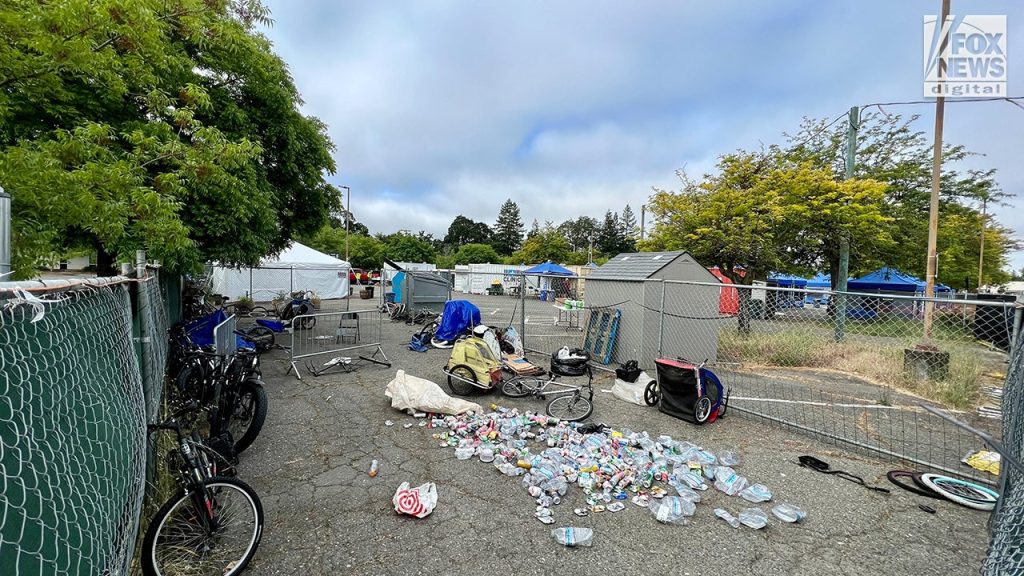In response to a state audit report that found California had failed to track how billions of dollars had been spent trying to tackle the homelessness crisis, the Los Angeles City Council agreed to pay an outside firm $2.2 million to audit its own programs. This decision came after a federal judge, U.S. District Judge David O. Carter, requested an independent audit of Los Angeles’ homelessness programs, accusing the city of not doing enough to address the issue. The audit was prompted by a lawsuit filed by the LA Alliance for Human Rights, a coalition of business owners and residents, who argued that the city had not honored its 2020 settlement agreement to build shelters and clear out homeless encampments.
The coalition requested that the city be sanctioned and pay up to $6.4 million for failing to meet the terms of the settlement. The spokesperson for the LA Alliance, Daniel Conway, expressed the need for a thorough examination of how taxpayer dollars meant to address homelessness were being utilized. The audit is expected to provide insights into the spending and outcomes of homeless services, with potential implications for how local, state, and federal funds are allocated. With the homeless population in L.A. and across the state continuing to rise, there is growing pressure to evaluate the effectiveness of existing programs and expenditures.
The audit also comes amidst a motion brought forth by city council members to develop an evaluation framework for the Los Angeles Homeless Services Authority (LAHSA). This framework would examine LAHSA’s contracts, expenditures, and other data points to assess the organization’s performance in addressing homelessness. Despite LAHSA’s 2022-2023 budget totaling around $845.4 million, with a significant portion allocated to service providers and housing, there has been a notable increase in the homeless population in Los Angeles and California as a whole. More than 75,500 people were considered homeless in 2023, representing a 9% increase countywide, and 46,200 were homeless in the city, marking a 10% increase from the previous year.
The California Interagency Council on Homelessness (CICH), which coordinates homeless programs across the state, emphasized the progress made in recent years to address homelessness at the state level, including a statewide assessment of homelessness programs. The spokesperson highlighted that local governments are primarily responsible for implementing these programs and collecting data on outcomes to evaluate program effectiveness. Despite efforts to address homelessness and the allocation of significant resources, including taxpayer dollars, the homeless crisis in California persists, with a 6% increase in the homeless population compared to the previous year. The state has the highest number of homeless people living outdoors in the country, with approximately 181,000 individuals considered homeless, many of whom are struggling with drug addiction and mental illnesses.
In light of the ongoing challenges in addressing homelessness and the lack of accountability in tracking the expenditure of funds meant for this purpose, the audit of Los Angeles’ homelessness programs serves as a critical step towards understanding the effectiveness of existing initiatives and ensuring transparency in resource allocation. The findings of the audit are expected to shed light on the impact of taxpayer dollars on homeless services and could potentially inform future strategies to address the homelessness crisis in California. The focus on evaluating programs and data collection practices at both the local and state levels underscores the need for comprehensive, evidence-based approaches to effectively combat homelessness and support vulnerable populations in the state.


